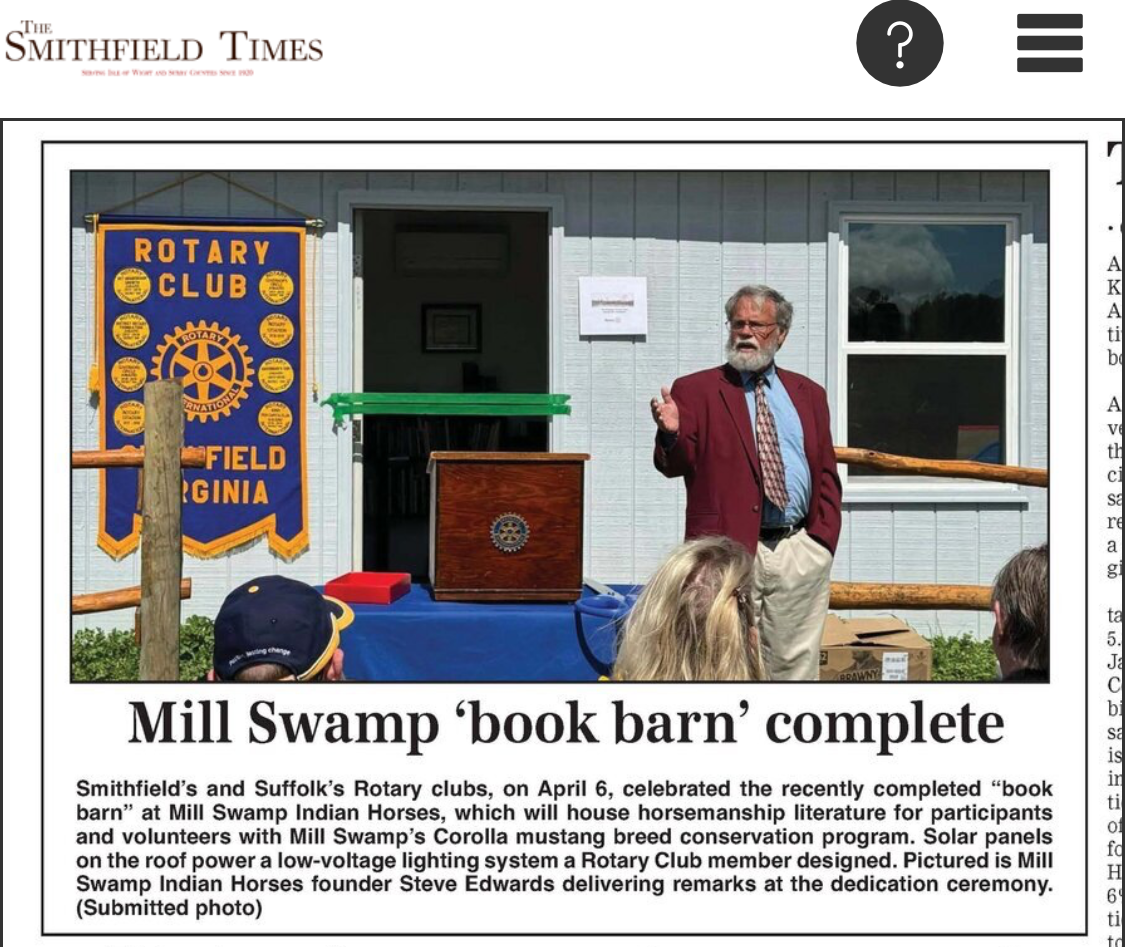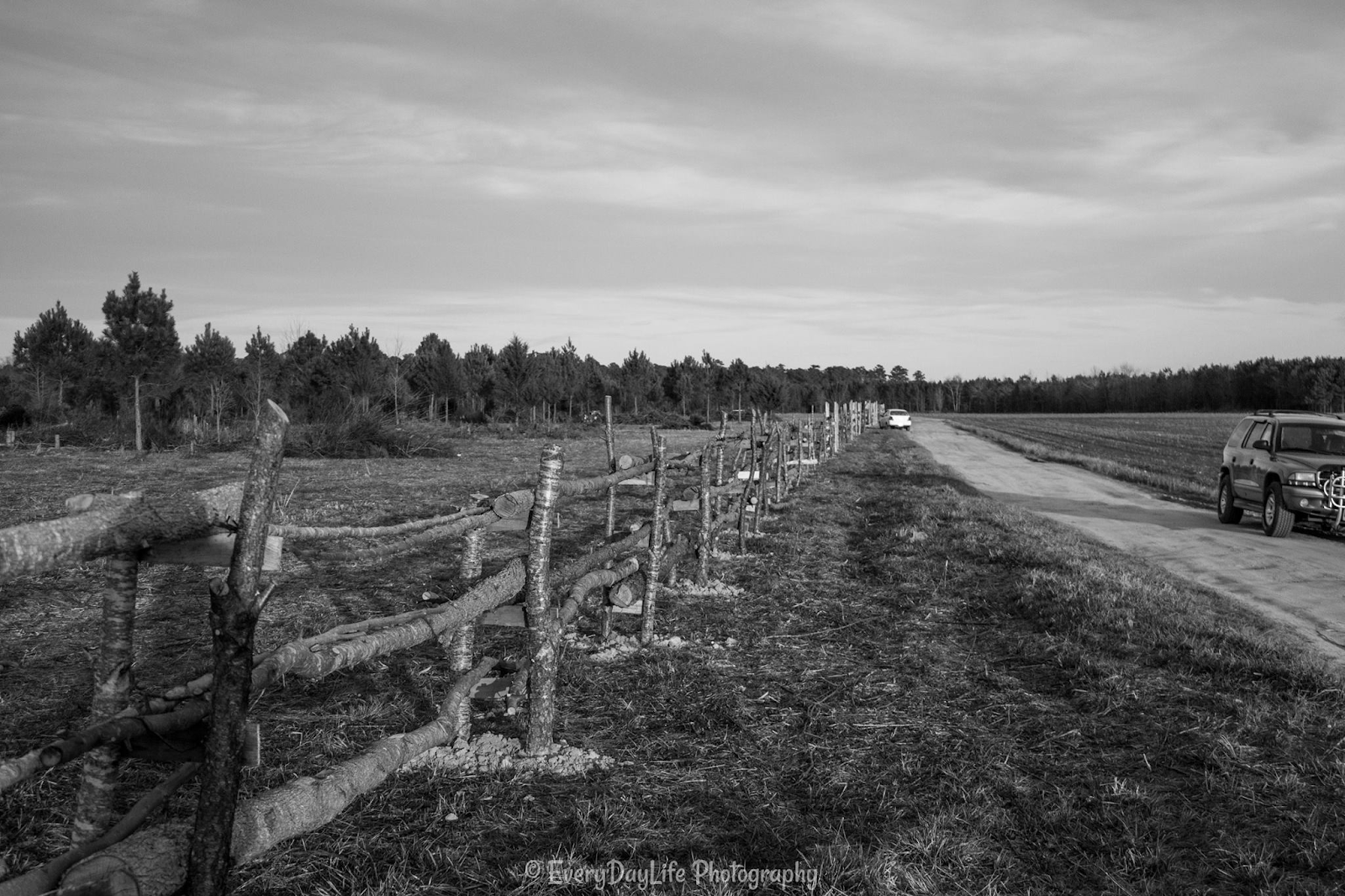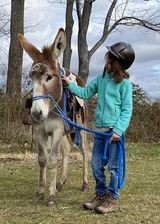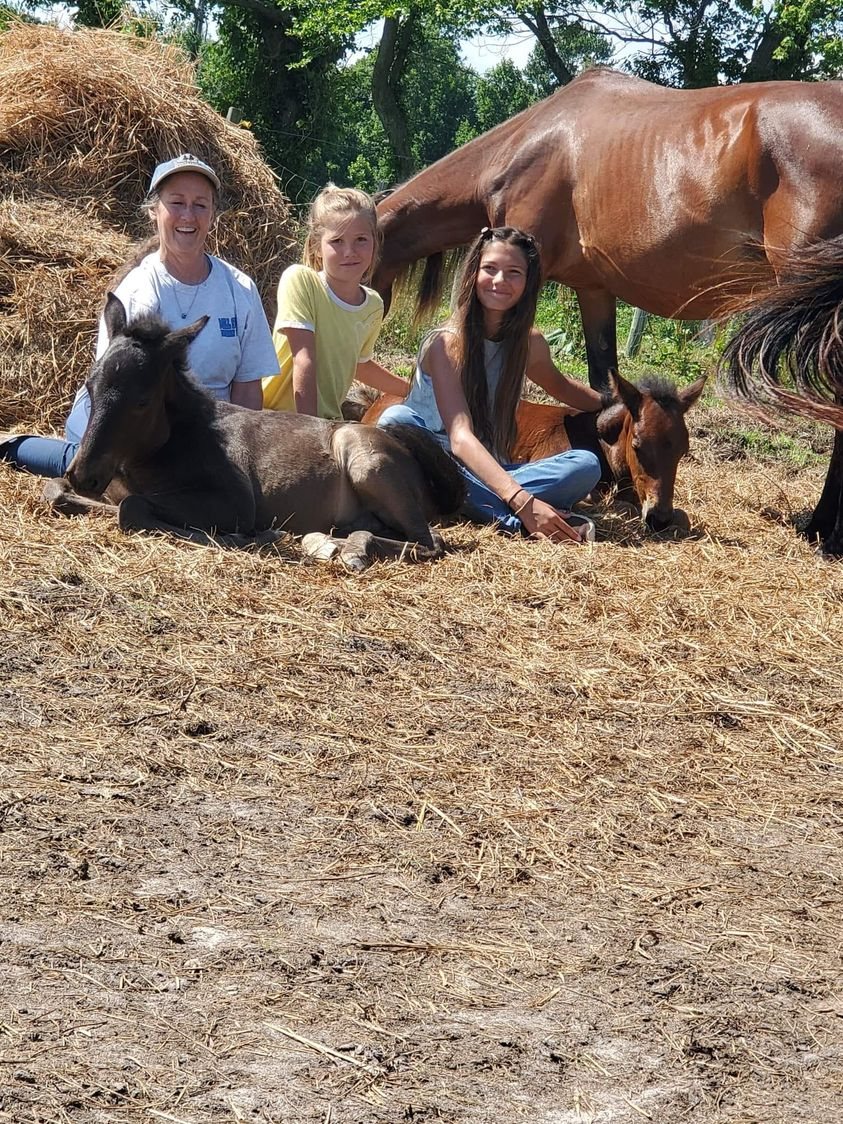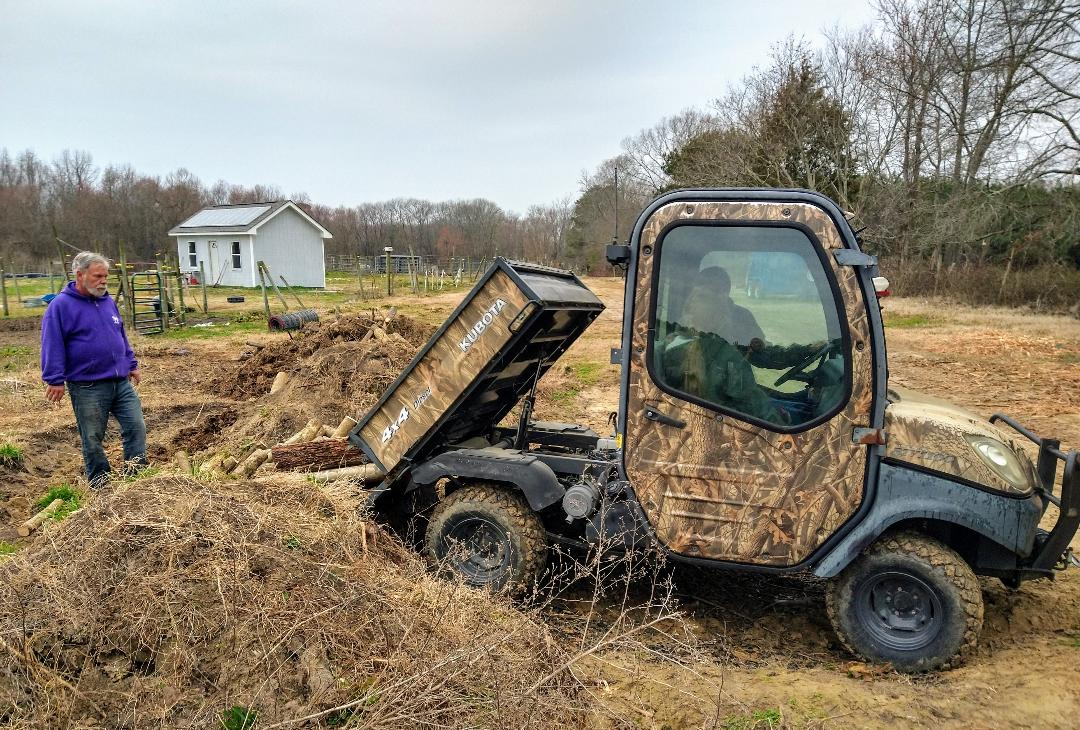An epidemic of teenage suicide--record levels of teen mental hospitalizations--sky rocketing levels of self reported anxiety and depression, increases in alcoholism--and underlying all of these headlines is a deep, long lasting and profound unhappiness.
And if you are only looking for someone, or something, to blame don't waste my time. If you are looking for solutions--let's talk.
We don't just teaching riding. We teach wellness. We teach hope. And this June I hope that a lot of our program participants learn a lot about hope and their own personal wellness.
"The NMM Challenge" No Mechanized Movement. it is that simple. Each day in June participants will record, with precision, the number of miles that they rode a horse, walked/jogged, or rode a bike. There are a few other rules but the point is to move.
And it is very likely that those who win will win several times each month. They won't know it when they win. It might even be years from now that they realize that they won.
Every morning that they got up extra early to walk four or five miles when they would have rather lay there in bed, is a win. Every time they get on the horse that they fell off of on the last time and ride hard in the heat and the bugs, is a win. Every time they start their bike ride with a bit of pain and stiffness is win.
Every time they refuse to take the easy way out is a win.
Life in this century in our nation is a constant push toward immediate gratification, rejection of the slightest discomfort, with nearly every significant aspect of our lives, from our cell phones, to our air conditioning working hard to destroy the resilience that we have to have to survive.
When life becomes nothing but the avoidance of all discomfort, then life becomes the avoidance of living.
It is the struggle, the big ones, and the little ones, that give us the resilience. To get technical for a moment, it is engaging in the struggle that gives us higher baseline levels of dopamine. It is the struggle, and the willful engagement in the struggle, that allows our neurotransmitters to work as they have evolved to do. Opioid addiction is one of the defaults that we fall into when we gradually decide that we must stay back from the struggle, that we must only do what is easy, that we must always be comfortable.
So this June, push yourself. Push your child. Get up and move.
And don't tell me that it is too exhausting. Watching children rot is much more exhausting.

